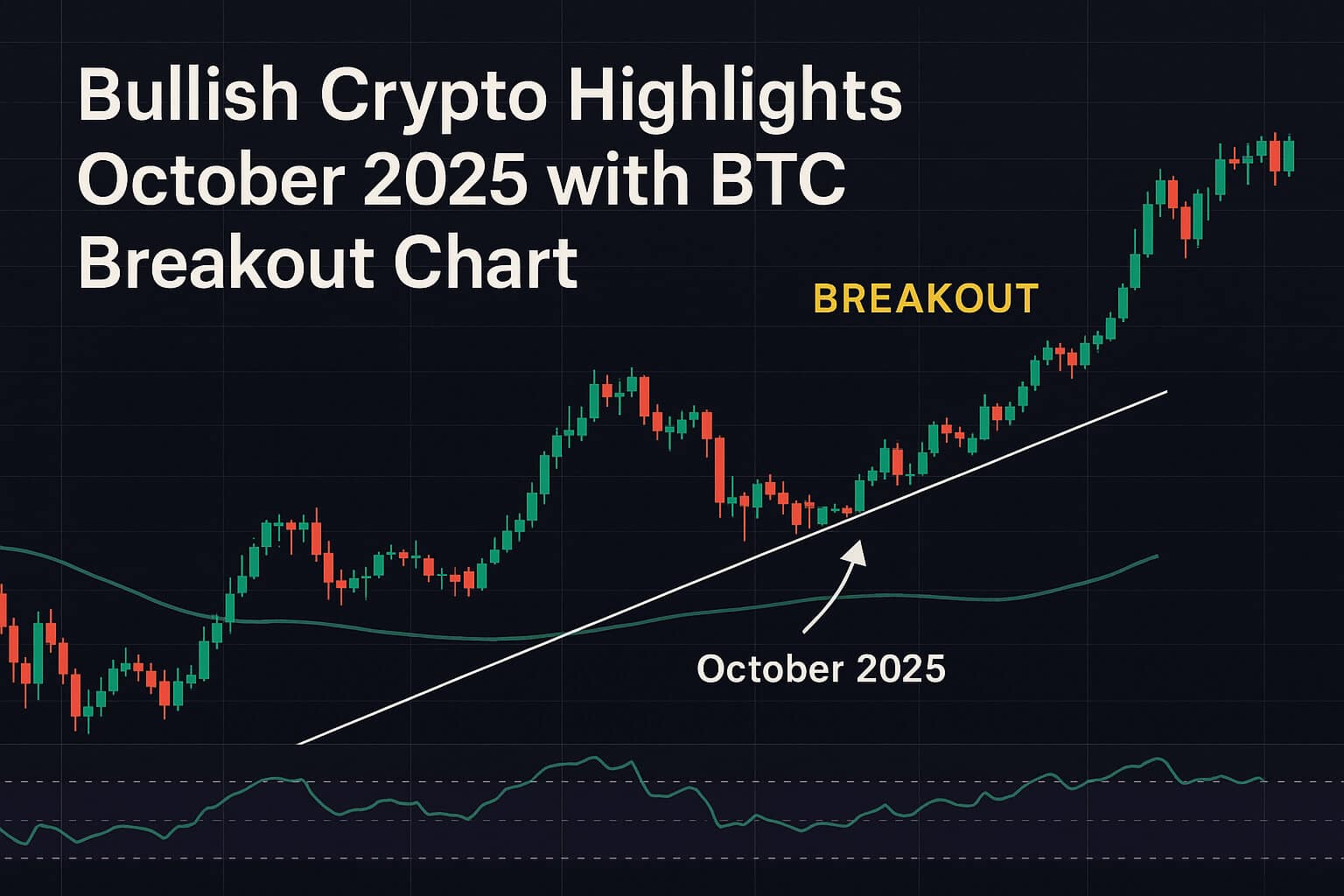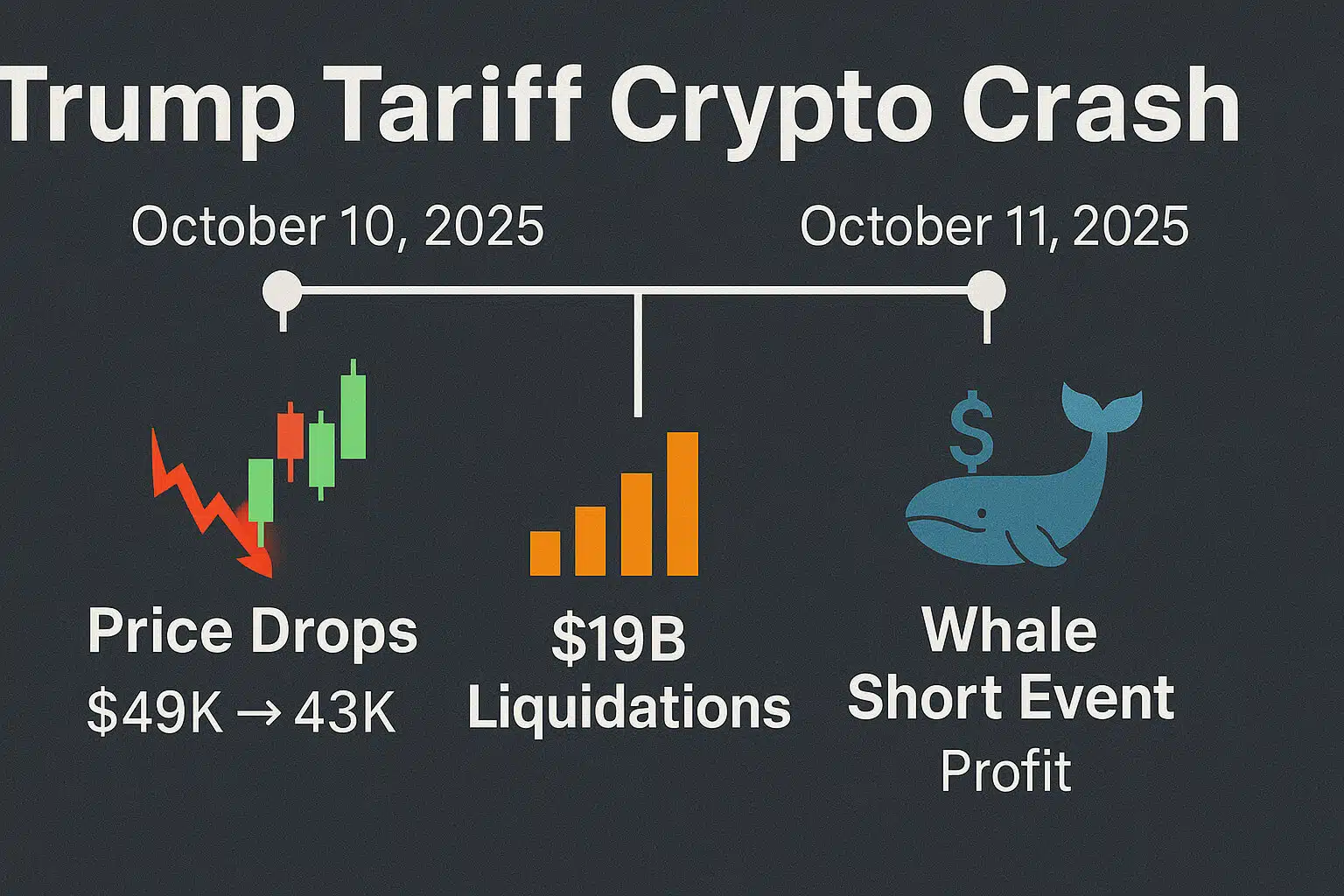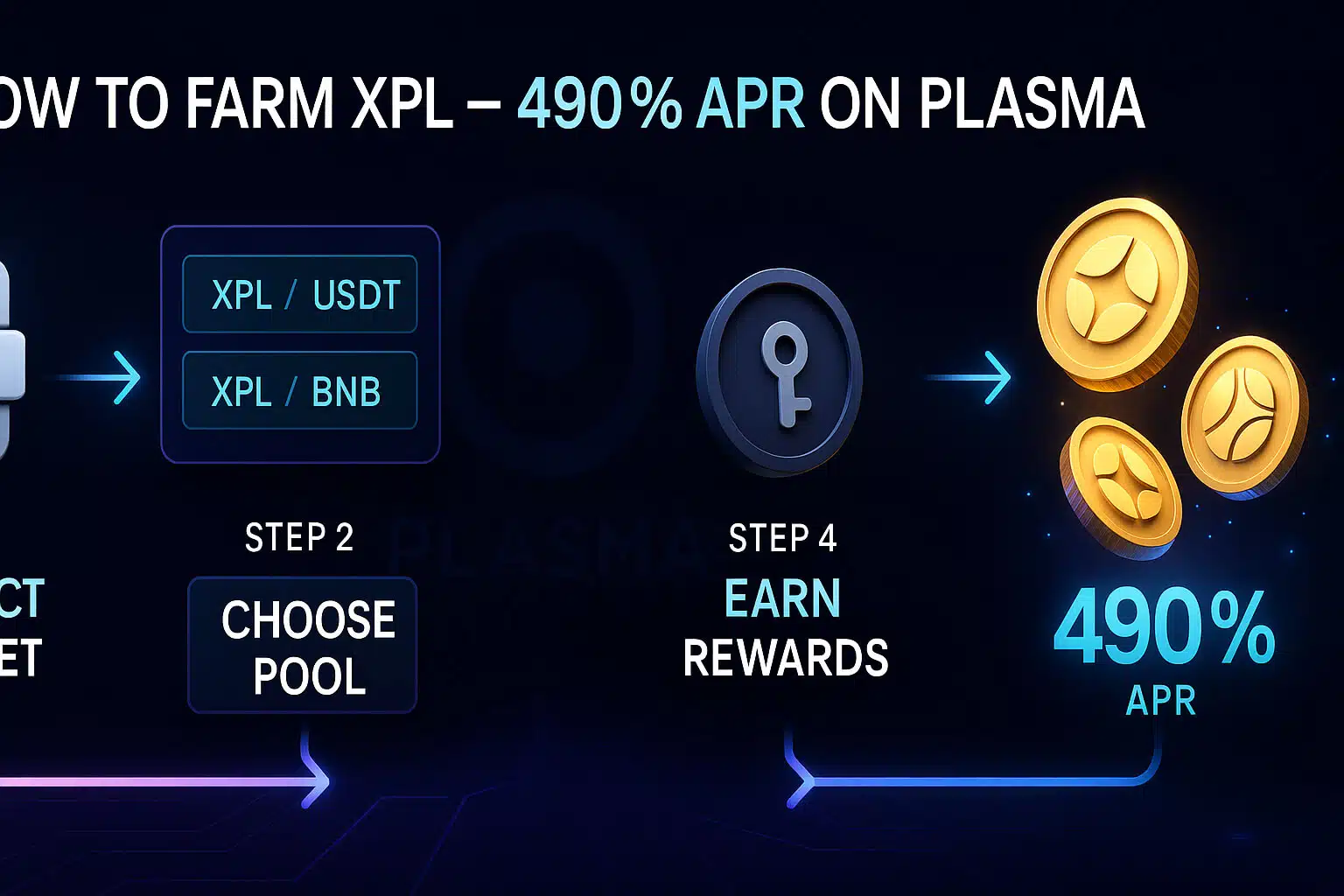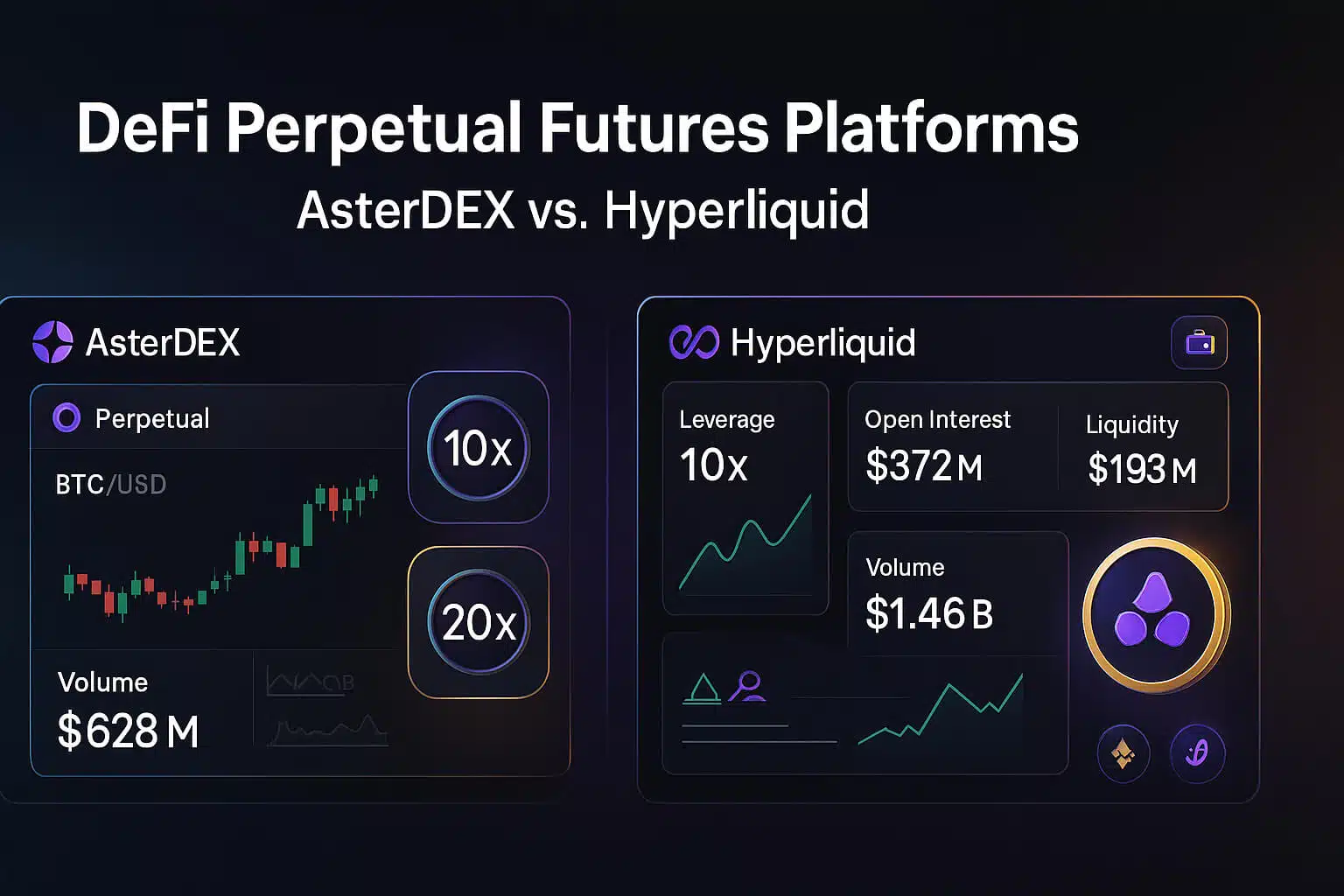What is a Crypto Exchange?
A crypto exchange is a platform where users can buy, sell, and trade various cryptocurrencies. These exchanges are integral to the cryptocurrency ecosystem, acting as marketplaces that facilitate the trading of digital assets. This guide will delve into what a crypto exchange is, how it operates, and the different types of exchanges available, including centralized, decentralized, and hybrid options.
Introduction
Cryptocurrency exchanges provide the infrastructure needed for trading digital assets. Whether you are a novice or an experienced trader, understanding the various types of crypto exchanges and how they work is crucial for making informed trading decisions.
How Crypto Exchanges Work
Crypto exchanges function similarly to traditional stock exchanges but are designed specifically for cryptocurrencies. Here’s a breakdown of their operational framework:
- User Registration: To use a crypto exchange, users must first create an account. This involves providing personal information and, in many cases, undergoing a verification process to comply with regulatory requirements.
- Funding Accounts: Users deposit funds into their exchange account, which can be done using fiat currencies like USD or EUR, or through cryptocurrencies. Deposits can be made via bank transfers, credit cards, or crypto wallets.
- Placing Orders: Users can place buy or sell orders on the exchange. Orders can be market orders, which execute immediately at the current market price, or limit orders, which execute only when the price reaches a specified level.
- Matching Orders: The exchange matches buy and sell orders from different users. When a match is found, the transaction is executed, and the respective assets are transferred between the parties.
- Withdrawing Funds: Users can withdraw their funds from the exchange to their personal wallets or bank accounts. This ensures that their assets are stored securely outside the exchange.
Types of Crypto Exchanges
There are three primary types of crypto exchanges: centralized exchanges (CEX), decentralized exchanges (DEX), and hybrid exchanges. Each type has distinct features, advantages, and disadvantages.
Centralized Exchanges (CEX)
Centralized exchanges are the most prevalent type of crypto exchange. They are managed by centralized organizations that oversee the operation of the platform and hold users’ funds.
- Advantages:
- High Liquidity: Centralized exchanges typically have higher liquidity, making it easier to buy and sell large volumes of cryptocurrency quickly.
- User-Friendly Interfaces: These platforms are designed to be user-friendly, with intuitive interfaces and features that cater to both beginners and advanced traders.
- Advanced Trading Features: Centralized exchanges offer a wide range of trading options, including margin trading, futures, and various order types.
- Customer Support: Users have access to customer support for resolving issues and inquiries.
- Disadvantages:
- Security Risks: Since the exchange holds users’ funds, it becomes a target for hackers. The centralized nature can also lead to vulnerabilities.
- Regulatory Scrutiny: Centralized exchanges must comply with regulations in the jurisdictions they operate in, which can impact their services and users.
Examples:
- Binance: Known for its extensive range of cryptocurrencies and low trading fees. Sign up with Binance to save 10% on fees.
- Bybit: Popular for its high-leverage trading options. Claim up to $30,000 in rewards with Bybit.
- KuCoin: Offers a wide variety of altcoins and trading pairs. Claim $700 USDT rewards with KuCoin.
For more detailed information, visit our centralized exchanges guide.
Decentralized Exchanges (DEX)
Decentralized exchanges operate without a central authority. They facilitate peer-to-peer trading directly between users through the use of smart contracts.
- Advantages:
- Enhanced Security: Users retain control of their funds, reducing the risk of hacking associated with centralized exchanges.
- Privacy and Anonymity: DEXs do not require users to provide personal information, allowing for anonymous trading.
- Reduced Risk of Hacking: Since funds are not held by a central entity, the risk of large-scale hacks is minimized.
- Disadvantages:
- Lower Liquidity: DEXs generally have lower liquidity compared to centralized exchanges, which can result in slower transactions and larger price slippage.
- Less User-Friendly Interfaces: The interfaces of DEXs can be less intuitive, making them challenging for beginners.
- Limited Trading Features: DEXs may not offer advanced trading features like margin trading or futures.
Examples:
- Uniswap: A leading DEX built on the Ethereum blockchain, known for its ease of use and wide range of ERC-20 tokens.
- SushiSwap: Similar to Uniswap but offers additional features like staking and yield farming.
For more detailed information, visit our decentralized exchanges guide.
Hybrid Exchanges
Hybrid exchanges aim to combine the best features of both centralized and decentralized exchanges. They offer the liquidity and user experience of CEXs while providing the security and privacy of DEXs.
- Advantages:
- High Liquidity: Hybrid exchanges aim to provide high liquidity similar to centralized exchanges.
- Enhanced Security: They incorporate decentralized features to enhance security, ensuring that users retain control of their funds.
- User-Friendly Interfaces: These platforms are designed to be accessible and easy to use.
- Disadvantages:
- Complexity in Implementation: Combining the features of CEXs and DEXs can be technically complex.
- Regulatory Challenges: Navigating the regulatory landscape for hybrid exchanges can be challenging due to their dual nature.
Examples:
- Nash Exchange: Combines a decentralized matching engine with a user-friendly interface.
- Qurrex: A hybrid platform that offers both centralized and decentralized trading options.
Special Rewards and Sign-Up Bonuses
Many exchanges offer special rewards and sign-up bonuses to attract new users. Here are some examples:
- Bybit: Claim up to $30,000 in rewards by signing up with Bybit.
- Binance: Save 10% on fees by registering with Binance.
- KuCoin: Earn up to $700 USDT in rewards by signing up through KuCoin.
- MEXC: Claim a 1,000 USDT bonus with MEXC.
Conclusion
Crypto exchanges are essential platforms for trading digital assets. Whether you choose a centralized, decentralized, or hybrid exchange depends on your trading needs and preferences. Each type of exchange offers unique features and benefits, so it’s important to understand how they work and what they offer.
For detailed reviews and ratings of various exchanges, visit FreeCoins24.io Exchanges.
To stay updated with the latest strategies and insights, visit our crypto guides and news page.
Stay Updated
For the latest airdrops and crypto news, follow us on:
Explore more strategies and guides to help you succeed in the world of cryptocurrency at FreeCoins24.io.
If you’re looking to learn more about the best crypto exchanges, their features, and in-depth reviews, check out our comprehensive crypto exchange reviews. Explore detailed insights about platforms like Binance, Bybit, and more to help you make informed decisions about trading and investing. Stay updated with the latest exchange trends on our dedicated review page!


















